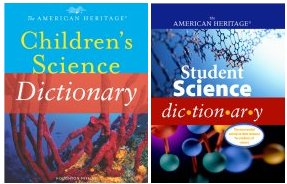Delivering a Little Snake Venom Additional Information
You can learn more about Bill Hayes and his research on snakes and their venom at http://www.llu.edu/llu/grad/natsci/hayes/hayes.html.
Basic information about snakes: http://www.worldalmanacforkids.com/explore/animals/snake.html World Almanac for Kids
Poisonous plants and animals: http://library.thinkquest.org/C007974/intro.htm
Gold Award, Sports and Health Category, ThinkQuest 2000 Internet Challenge
![[book]](https://www.sciencenewsforstudents.org/wp-content/uploads/2019/11/a144_b1995.jpg) |
Snake — Chris Mattison
Published by DK Publishing, 1999.
Whether you’re already obsessed with snakes or you’re just a little curious, you won’t be able to put this book down. There are over 120 different kinds of snakes represented: harmless snakes, deadly poisonous snakes, and everything in between. You can see how snakes eat, how they shed their skins, and even how a snake gives birth. From cobras spraying venom to anacondas wrestling crocodiles, the illustrations are amazing. |
![[book]](https://www.sciencenewsforstudents.org/wp-content/uploads/2019/11/a144_b2940.jpg) |
Snakes — Deborah Behler, John L. Behler
Published by Benchmark Books/Marshall Cavendish, 2002.
Find out about the evolution of snakes, the biology of snakes, snake life cycles, and how snakes behave. Different types of snakes, from the rubber boa to the common garter snake, are described; and colorful photographs depict various snakes in their habitats. |
Power Words
snake: Any of numerous meat-eating reptiles having a long narrow body with no legs, often just one lung, and a forked tongue. The jaws of a snake come apart and the body can expand to swallow prey that is much thicker than the snake itself. Some snakes have venom glands and sharp fangs that can give a poisonous bite.
venom: A poisonous substance that is secreted by certain snakes, spiders, scorpions, and insects. It can be transmitted to a victim by a bite or sting.
Copyright © 2002, 2003 Houghton-Mifflin Company. All rights reserved. Used with permission.
